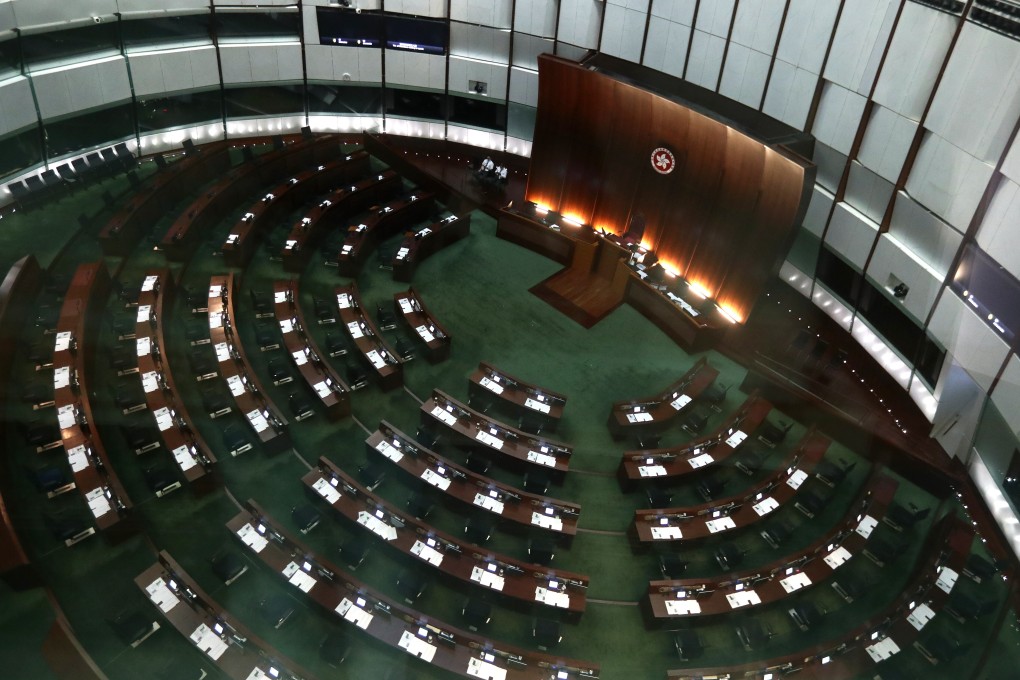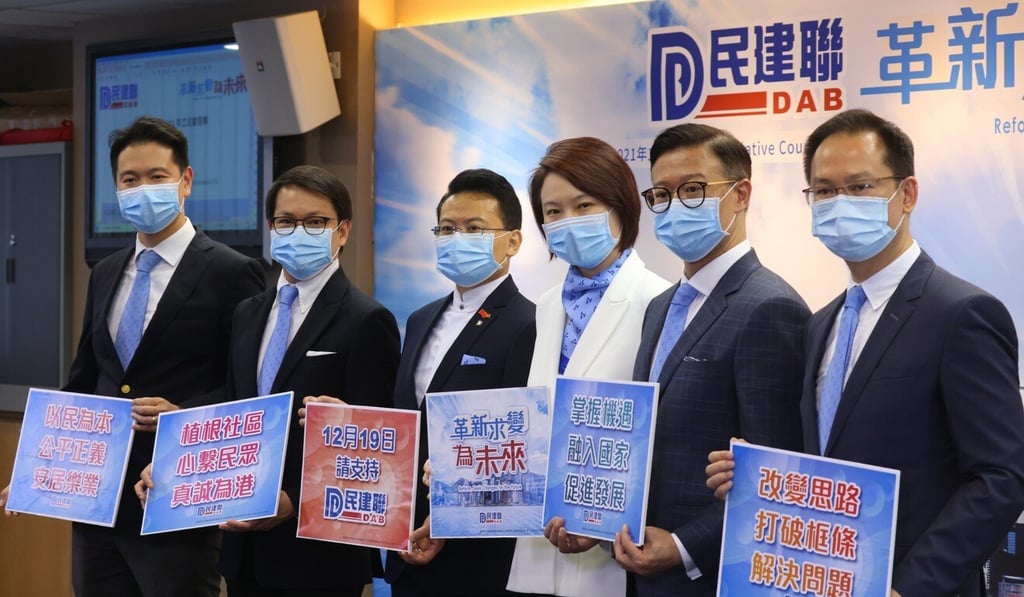Beijing ‘micromanaging’ Hong Kong Legco election, down to checking, approving candidates behind the scenes, sources say
- With opposition camp staying out, Beijing liaison office keen to ensure there are no walkovers
- Pro-establishment camp urged to be more proactive in mapping out plans and winning public support, instead of relying on liaison office

Sources said Beijing’s liaison office in the city had been coordinating key aspects of the election on December 19, including approving potential candidates.
However, other sources – including one familiar with Beijing’s views – indicated it had also urged the pro-establishment camp to be proactive in mapping out its plans and producing compelling manifestos and proposals to win over the public.
With the overhaul of the city’s electoral system, the legislature has been expanded from 70 to 90 seats and split into three groups – 40 members will come from the powerful Election Committee, 30 from functional constituencies for mainly trade-based groups, and only 20 will be directly elected members from geographical constituencies.

Beijing has given its blessings for about 50 members of the Election Committee to contest the 40 seats set aside for it, to allow a limited contest, sources said.
Similarly, veteran lawmakers from the functional constituencies who previously won without a contest said they had been told to “find someone” to run against them this time and avoid walkovers. But another source familiar with Beijing’s thinking said the veterans were hesitant in their planning and appeared reluctant to take the initiative.